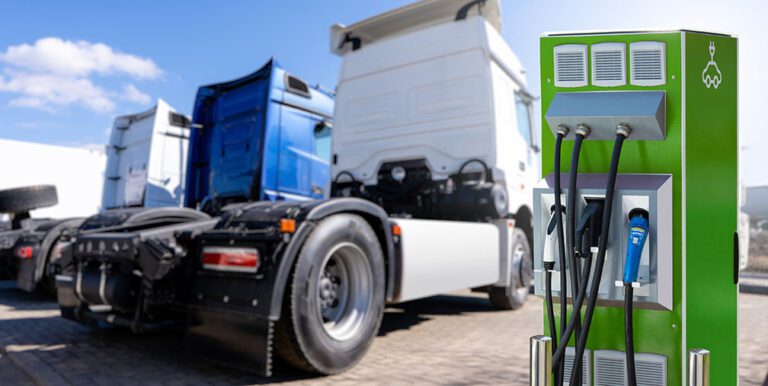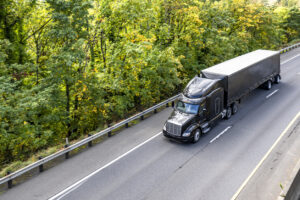COLUMBUS, Ind. — Adoption rates for zero-emission and decarbonization vehicles will reach 25% by 2030 and 50% by 2040. That’s according to Charging Forward, a multi-client decarbonization study of the U.S. commercial vehicle market recently released by ACT Research.
Regulations were a key factor in the earlier years, particularly for higher GVW applications, while many lower GVW applications already provide a better total cost of ownership (TCO) today.
“We forecast a relatively low adoption rate from 2024 through 2026, reflecting the fact that BEV sales of commercial vehicles are still in their early years,” said Ann Rundle, vice president of electrification and autonomy for ACT. “This begins to change in 2027, in part due to the cost increases for diesels because of the increased stringency of US EPA’s 2027 low-NOx regulations. In addition, by 2027, eight states will have joined California in adopting Advanced Clean Trucks, resulting in moderate growth in adoption rates.”
By 2030, ACT predicts 25% adoption rates; by then, the remaining nine states that signed the MOU (memorandum of understanding0 to adopt CARB Advanced Clean Trucks will have enacted those regulations. Additionally, it is assumed that improved battery technology will negate battery replacement costs, and charging infrastructure utilization will significantly increase, decreasing those costs in the TCO.
“By 2040. we are forecasting that adoption of ZEVs will account for just slightly above 50%,” Rundle said. “Essentially half of all commercial vehicles will be zero emissions, primarily BEVs (battery electric vehicles).”
Click here to read more about ACT’s zero-emissions research and analysis.
The Trucker News Staff produces engaging content for not only TheTrucker.com, but also The Trucker Newspaper, which has been serving the trucking industry for more than 30 years. With a focus on drivers, the Trucker News Staff aims to provide relevant, objective content pertaining to the trucking segment of the transportation industry. The Trucker News Staff is based in Little Rock, Arkansas.








